As a film critic, the question I get asked more than any other is, “What’s your favorite movie?” For decades, I’ve given the same answer. But in the last 10 years or so, when I say, “My favorite movie is ‘Nashville,’” I always have to wonder if the person I’m talking to has even heard of it. Many have not. A handful have heard of it in an “Oh, yeah, right” sort of way. The rest, a distinct minority, know just what I’m talking about. I can always tell by the look in someone’s eye when I’ve stumbled upon a fellow “Nashville” believer.
I first saw Robert Altman’s teeming, sprawling, exultant, tragic, transporting masterpiece, which came out 50 years ago this summer (the release date was June 11, 1975), when I was a freshman in college. The film had an effect on me that’s hard to describe. I didn’t just fall in love with it. I didn’t just become obsessed with it. The tumultuous beauty of “Nashville” hit me so hard that the movie reshaped my identity. I was like a boomer who had just seen the Beatles on “Ed Sullivan” and had now seen the light.
For the next six months, I never stopped thinking about “Nashville.” I daydreamed about it. I meditated on it and lived inside it. The film literally took over my imagination. And that process created in me a strange feeling of faith. Because what “Nashville” showed me — completely, and for the first time — was the world I was living in. The movie made me realize that I cherished America, and it also made me realize that America was a place where the center was no longer holding. This raised a tantalizing conundrum: How could I be falling so hard for a world that was falling apart?
In “Nashville,” we spend 2 hours and 40 minutes following 24 characters as they wander through the country-music capital over a period of five days, the randomness of their encounters turning into drama before your eyes. You feel like you’re seeing a documentary; it all looks and seems “real.” But it’s not! That’s the Altman magic. He was like a fusion of James Joyce and D.A Pennebaker, a filmmaker who immersed you in the scruffy 3D effusiveness of every moment. “Nashville” has the pull of a soap opera crossed with the glory of a musical crossed with the primal power of reality.
I was a teenager in the 1970s, an era that’s romanticized now, and for good reason (there was a lot of freedom, a lot of passion, a lot of great music, a lot of pinball). But there was a weird spiritual waywardness to that time. As a culture, we no longer believed in the wholesome suburban dream of the ’50s. We no longer believed in the hippie dream of the ’60s. The moon landing was a sci-fi dream that, within five minutes, came to feel like a rerun. The era was full of fake religions (EST! alien visitors! Lou Reed’s solo albums!), and as each of these things let you down, you were left with a haunting question: Was there anything left that united America?
When I watched “Nashville,” which I did over and over again (in the pre-VHS era — I saw it at college film societies and rep theaters), what it showed me is that America was now not so much a melting pot as an epic casserole that didn’t quite gel. Everyone talked past each other, and life was becoming ever more scattered and random — a perception built into the very form of Altman’s movie. (That’s the essence of its genius.) I don’t think it’s too much of a stretch to say that Altman, in 1975, foresaw the Internet age, as well as the era we’re in now: an America that’s fractured, splintered, atomized, balkanized, separated from itself. What “Nashville” shows us is the great American crack-up. Yet when Ronee Blakley, as the country star Barbara Jean, gets up onstage at the Opry Belle to sing “Tapedeck in His Tractor” and “Dues,” it’s one of the most transcendent sequences in the history of cinema. For a few heartbreakingly blissful moments, the down-home incandescence of her performance seems to pull the world of America together, giving us all a desperate reason to believe.

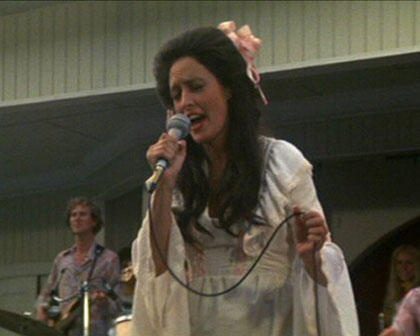
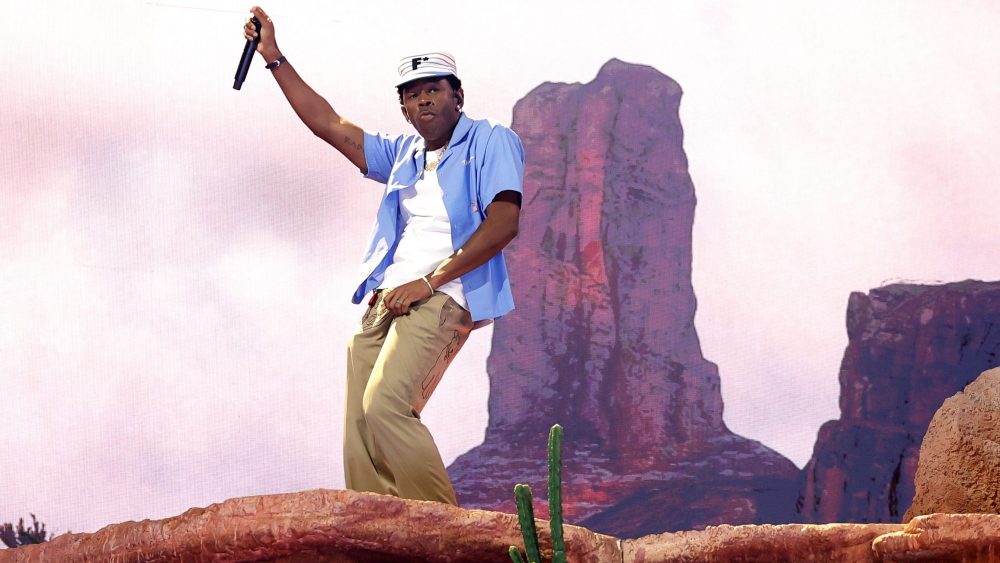

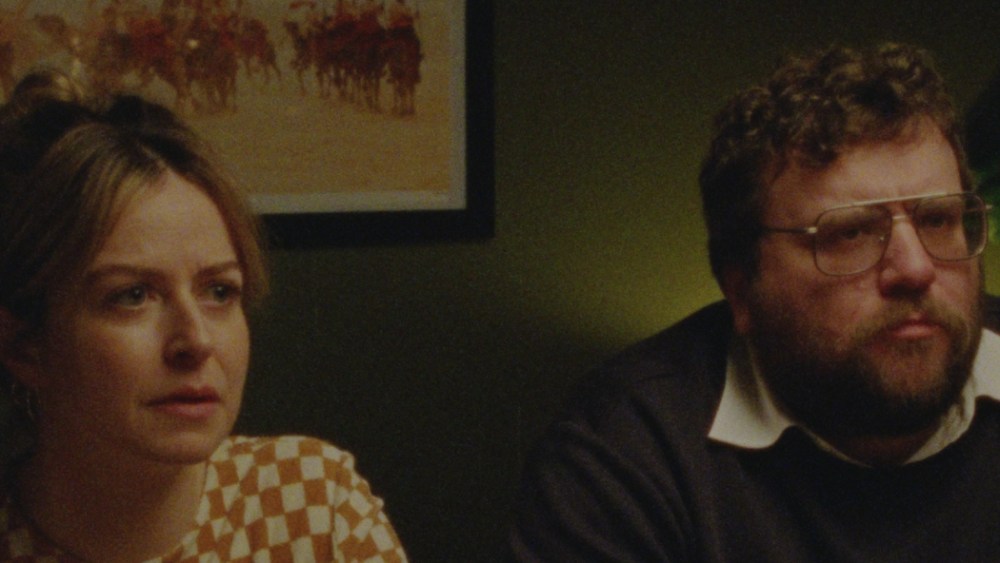
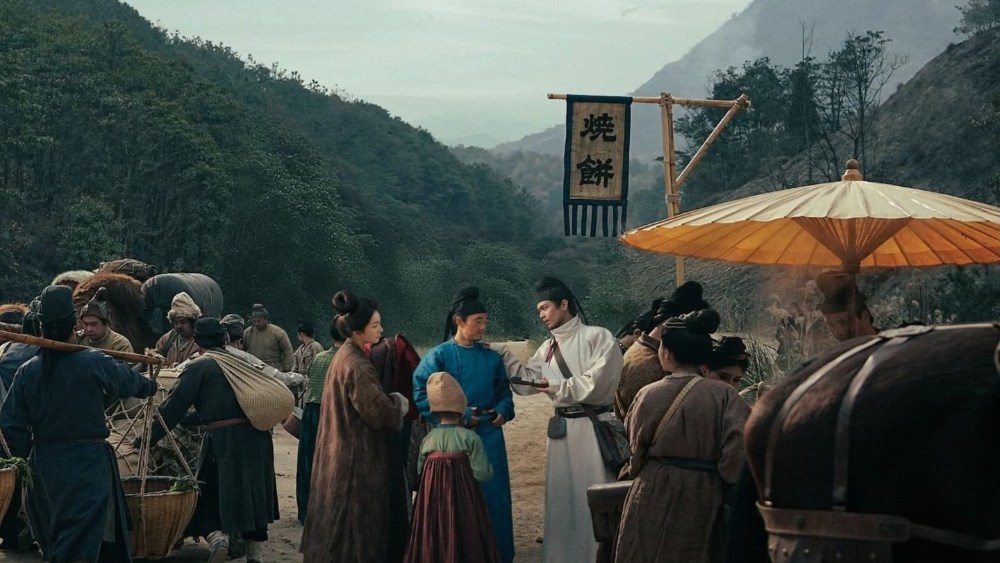

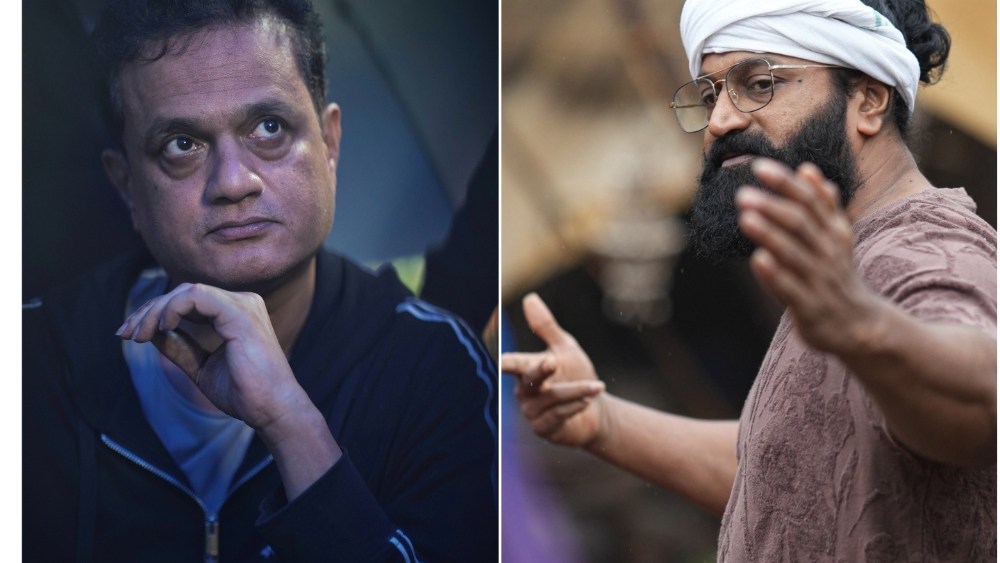

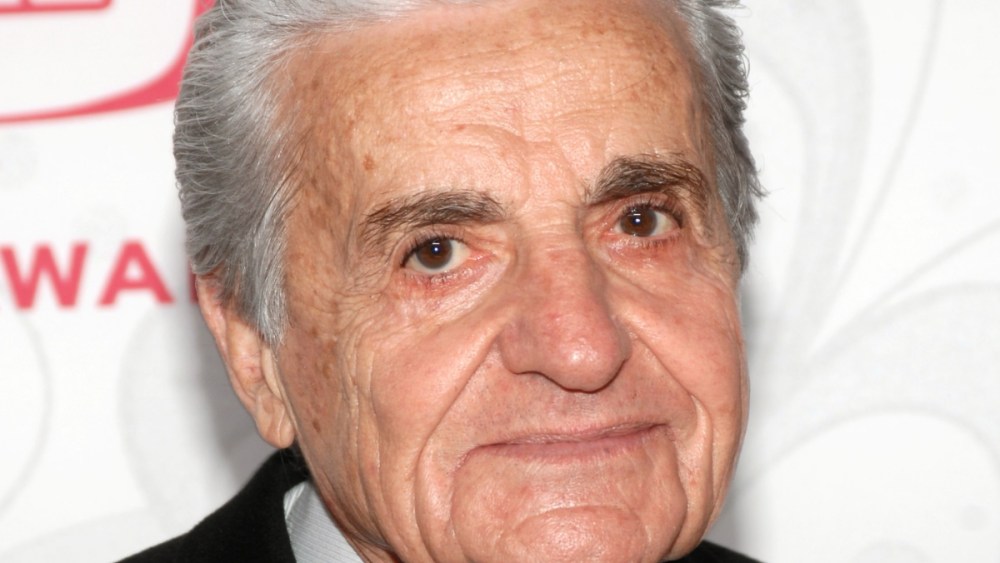
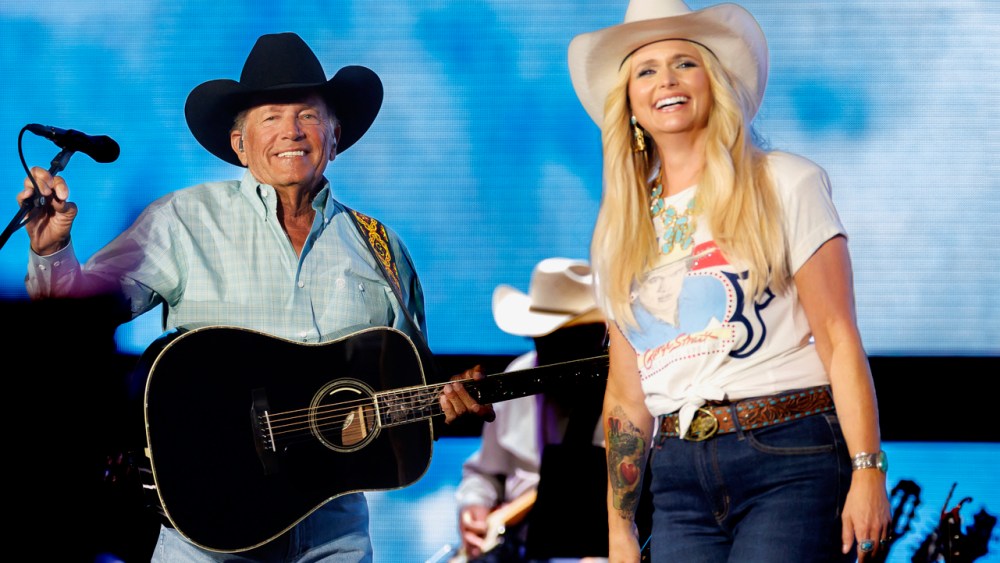
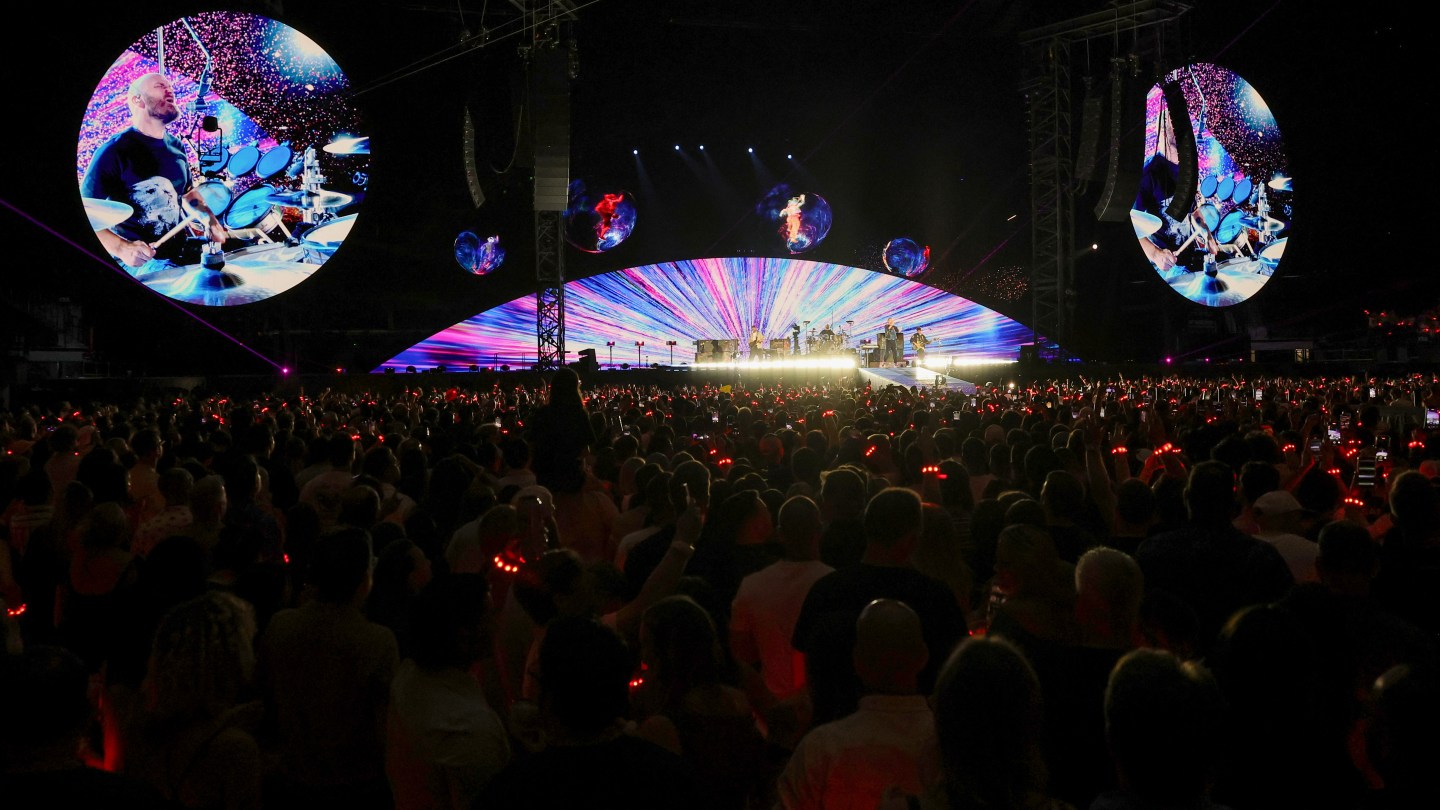




Leave a Reply